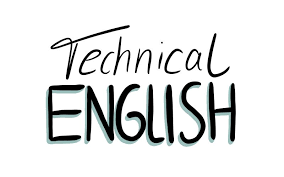Master
Technical English is essential in the field of electronics and telecommunications (ST) because most of the research, manuals, and communication in this industry are written in English. This chapter focuses on helping you understand and use the specific language needed for working in electronics and telecommunications.
- Teacher: yasmine saadoune

 Le cours enseigné, permet d'initier l'étudiant à l'éthique et à la déontologie, pour le guider dans sa vie universitaire et, sa carrière professionnelle. La pierre angulaire de ce module, est de sensibiliser l'étudiant, à ses devoirs et ses droits, régis par les codes de la science de la morale.
Le cours enseigné, permet d'initier l'étudiant à l'éthique et à la déontologie, pour le guider dans sa vie universitaire et, sa carrière professionnelle. La pierre angulaire de ce module, est de sensibiliser l'étudiant, à ses devoirs et ses droits, régis par les codes de la science de la morale.
Le module en question, s'adresse aux étudiants de la formation 'Master'. Il se répartit en deux grandes parties:
1. Ethique et déontologie
2. Propriété intellectuelle
- Teacher: Reguieg F. Zohra

Technical English for Master 1 students. (Electronics Engineering Department).
- Teacher: NEFRAOUI A
